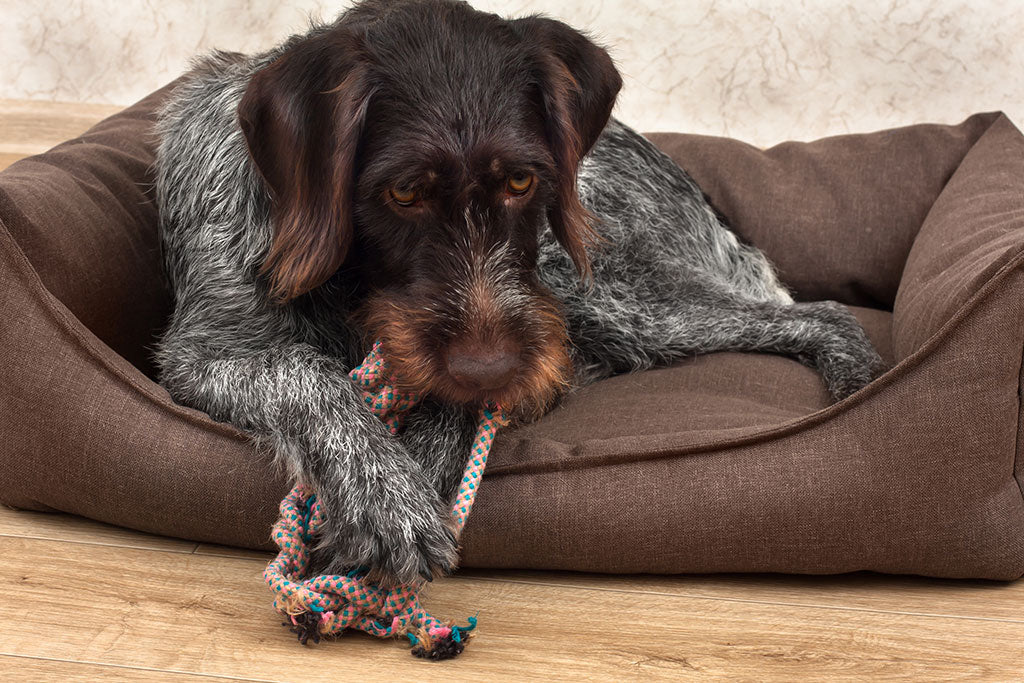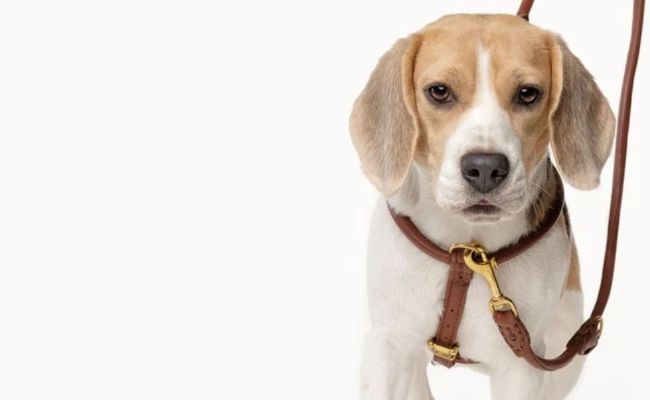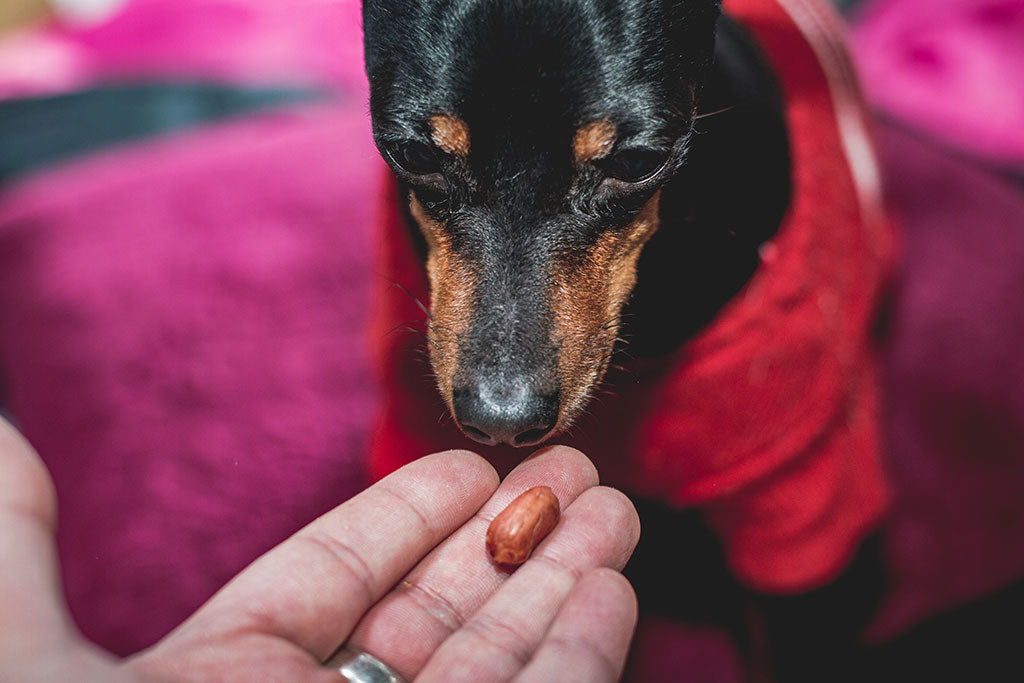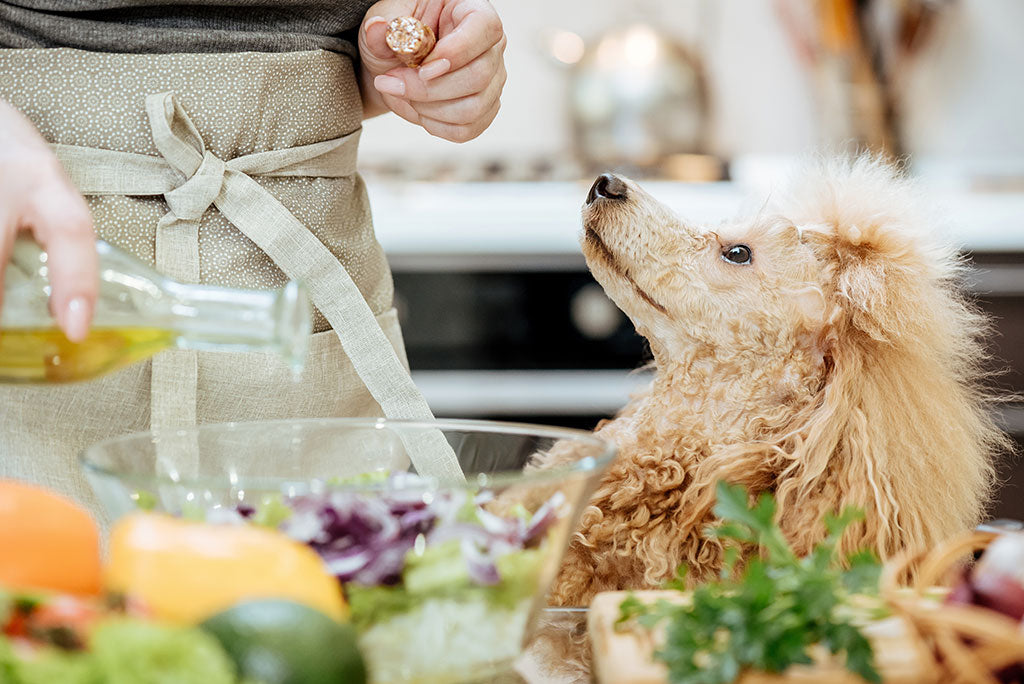
Why Do Dogs Chew On Things And How To Stop Them?
No matter how much we love our furry friends, sometimes they do things that can be frustrating for us as owners. When dogs chew on things that are not appropriate – shoes, carpets, books – it can be frustrating for us.
Dogs, especially puppies, love to chew on things. After all, it is a natural canine behavior. However, when chewing becomes destructive, not only would it be expensive for us, it may also become dangerous for your dog. Here are some common reasons why your dog may chew on things and how you can get a dog to stop its problematic chewing habits.
We recommend using a two-pronged approach for this: First, you would need to restrict your dog’s access to inappropriate items, and then you would need to provide them with appropriate items to chew on.
Boredom
Without enough toys or stimulation, sometimes dogs can become bored. This is especially so if your dog spends all day at home doing nothing whilst you are away at work.
One recommendation is to keep them stimulated. As mentioned earlier, boredom is one of the main causes of destructive chewing. Keep your pup mentally and physically stimulated by playing with them. Games, puzzle toys, or simply cuddling with them can help alleviate their boredom.
Teething
If your puppy is still in the phase of losing teeth, they may feel the urge to chew on things to relieve the discomfort in their gums. This behavior is at its worst around 4-6 months and can go on until your pup is 18 months old.
Since chewing is a natural behavior, it isn’t something that you have to completely stop. Instead, one helpful tip is to provide some safe things to chew such as toys (kongs, teething rings, chew toys) or chew treats (bully sticks, animal ears, dental chews).
Anxiety
One behavior that manifests due to anxiety is chewing, as it helps calm dogs down. Perhaps your dog is experiencing anxiety from a trigger, or separation anxiety whilst you are away.
A helpful way to curb anxiety is to introduce exercise. If your dog seems to have boundless energy, it might be a good idea to take them on long walks. A tired and physically stimulated dog is less likely to engage in chewing!
Hunger
Hungry dogs may end up gnawing on things in an attempt to relieve the hunger in their bellies. This is potentially dangerous if your dog ends up ingesting the non-edible items that they were chewing. It is essential to ensure your dog is eating well and visit a veterinarian if there is anything unusual with your dog’s eating habits.
Fabric-Sucking
Some dogs display an abnormal repetitive behavior called fabric sucking. If your dog’s behavior seems compulsive and you find it difficult to redirect their chewing, they may require treatment via behavior modification or medications.
If your dog is turning inappropriate items into their chew toys under your radar, they may require more supervision from you. One suggestion is to increase supervision over your dog, and you will be able to gently redirect their chewing whenever it happens.
Lastly, remember to never punish your dog for chewing as you may end up frightening them over their natural behavior.



